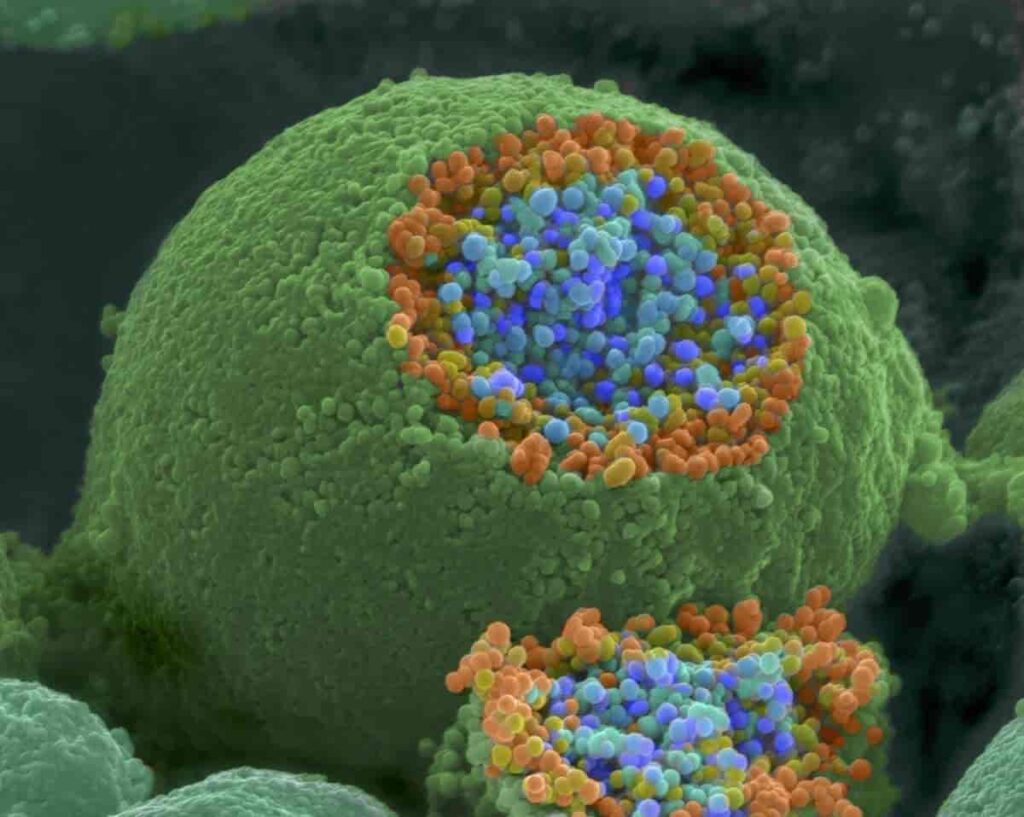Hepatitis B and Liver Health – Hepatitis B is a viral infection that primarily affects the liver, causing inflammation and potentially leading to serious health complications. Understanding the impact of Hepatitis B on liver health is crucial for prevention, diagnosis, and management of this disease.
Introduction to Hepatitis B
Hepatitis B is a contagious virus that targets the liver, leading to both acute and chronic infections. It is transmitted through exposure to infected blood or body fluids, such as during unprotected sex, sharing needles, or from mother to child during childbirth.
Transmission of Hepatitis B
The virus can be transmitted through various means, including sexual contact, sharing needles, or from an infected mother to her baby during childbirth. Certain groups, such as healthcare workers or individuals with multiple sexual partners, are at higher risk of contracting Hepatitis B.
Symptoms and Complications
While some people with Hepatitis B may remain asymptomatic, others may experience symptoms such as fatigue, jaundice, and abdominal pain. Chronic Hepatitis B can lead to serious complications, including liver cirrhosis and liver cancer.
Diagnosis and Testing
Diagnosing Hepatitis B typically involves blood tests to detect viral antigens and antibodies. Screening is important, especially for high-risk individuals, to facilitate early detection and treatment.
Prevention of Hepatitis B
Vaccination is the most effective way to prevent Hepatitis B. Safe practices, such as using condoms and avoiding sharing needles, also reduce the risk of transmission.
Treatment Options
Treatment for Hepatitis B aims to reduce viral load and minimize liver damage. Antiviral medications can help manage the infection, while regular monitoring of liver function is essential for long-term management.
Impact on Liver Health
Hepatitis B can significantly impact liver function, leading to inflammation, scarring, and impaired liver function over time. Long-term consequences may include liver failure or the development of liver cancer.
Managing Hepatitis B
Managing Hepatitis B involves lifestyle modifications, such as avoiding alcohol and maintaining a healthy diet. Regular medical care, including monitoring liver function and viral load, is essential for disease management.
Support and Resources
Support groups and educational materials are available to help individuals with Hepatitis B cope with their diagnosis, manage their condition, and access necessary resources for treatment and support.
Hepatitis B and Liver Cancer
Chronic Hepatitis B infection is a major risk factor for the development of liver cancer. Prevention strategies, including vaccination and regular screening, are important for reducing this risk.
Global Impact of Hepatitis B
Hepatitis B is a global health concern, with millions of people affected worldwide. Public health initiatives aim to increase awareness, promote vaccination, and improve access to testing and treatment.
Myths and Misconceptions
There are several myths and misconceptions surrounding Hepatitis B, including beliefs about transmission and treatment. Educating the public about the facts can help dispel these misunderstandings.
Living with Hepatitis B
Living with Hepatitis B may present challenges, but with proper management and support, individuals can lead fulfilling lives. Coping strategies, such as seeking support from healthcare providers and support groups, can help maintain quality of life.
Research and Innovation
Ongoing research into Hepatitis B continues to advance our understanding of the virus and improve treatment options. Areas of focus include the development of new antiviral medications and vaccines.
Conclusion
Hepatitis B is a significant public health issue that affects millions of people worldwide. Understanding the impact of Hepatitis B on liver health is essential for prevention, diagnosis, and management. By promoting awareness, vaccination, and access to treatment, we can work towards reducing the burden of Hepatitis B and improving liver health globally.
FAQs
- Is Hepatitis B curable?
- Hepatitis B is not always curable, but treatment can help manage the infection and prevent complications.
- How is Hepatitis B transmitted?
- Hepatitis B is primarily transmitted through exposure to infected blood or body fluids, such as during unprotected sex or sharing needles.
- Who should get vaccinated against Hepatitis B?
- Vaccination against Hepatitis B is recommended for all infants, as well as adults at higher risk of infection, such as healthcare workers and individuals with multiple sexual partners.
- What are the long-term complications of Hepatitis B?
- Long-term complications of Hepatitis B may include liver cirrhosis, liver failure, and liver cancer.
- Can Hepatitis B be prevented?
- Hepatitis B can be prevented through vaccination and practicing safe behaviors, such as using condoms and avoiding sharing needles.





